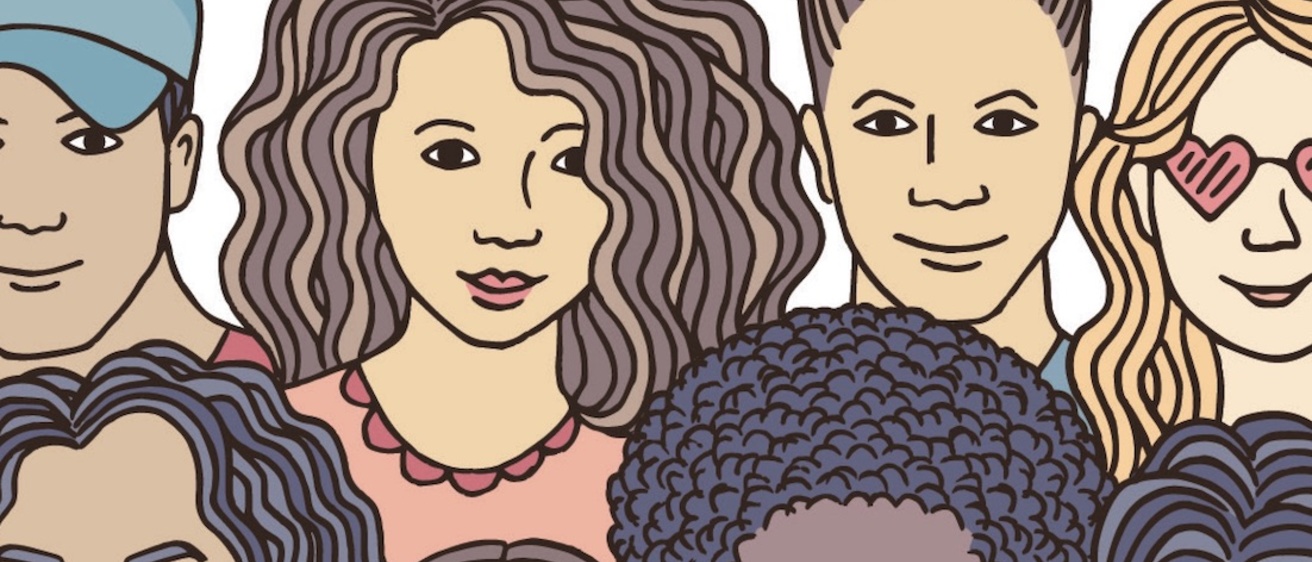In an article in the Harvard Business Review, Vivek H. Murthy, former surgeon general of the United States, wrote, “Loneliness and weak social connections are associated with a reduction in lifespan similar to that caused by smoking 15 cigarettes a day and even greater than that associated with obesity.” Why is loneliness so harmful to our health?
Studies in children show that inflammation in the body due to stress associated with feeling lonely are similar to that of not getting any physical activity in a day.
The Harvard Study of Adult Development, one of the longest running longitudinal studies, has concluded:
- Good relationships keep us happier and healthier.
- It’s not the number of family or friends one has that matters; it is the quality and depth of relationships that matter.
National Geographic fellow Dan Buettner wrote a book, Blue Zones, after researching places on earth with the highest percentages of centarians, or people over 100 years old. Buettner’s work started a movement to modify environments to be more like these healthy regions.
Belong, Right Tribe, and Loved Ones First are three of the Power 9 principles which all have to do with relationships. The Power 9 are common denominators amongst all of the earth’s Blue Zones that are evidence-based.
Belong: All but five of the 263 centenarians interviewed belonged to a faith-based community. Denomination did not seem to matter. Research shows that attending faith-based services four times per month will add 4-14 years of life expectancy.
Right Tribe: The world’s longest lived people chose–or were born into–social circles that supported healthy behaviors. Research from the Framingham Study shows that smoking, obesity, happiness, and even loneliness are contagious. So the social networks of long-lived people have favorably shaped their health behaviors.
Loved Ones First: Successful centenarians put their families first. This means keeping aging parents and grandparents nearby or in the home, committing to a life partner, investing in children with time and love, and/or having a trusted confidant. The definition of family is broad, encompassing close, trusted relationships.
What does this mean for us at the University of Iowa?
The business of inclusion is everyone’s responsibility to help members of our community who may be feeling disconnected. Ways that we can help support our co-workers and other members of our community include:
- Promoting superordinate goals (such as cheering for the Hawkeyes together)
- Magnifying positive events (birthday notes or events, reasons to celebrate)
- Social committees, engagement committees, wellness teams, that provide a variety of events that are inclusive of many interest areas, personality types, etc.
- Having a space that is available for socializing or dining together
- Making efforts to collaborate with other departments and teams
The number one thing you can do is simply reach out. Invite someone to do something with you—a walk, cup of coffee, a phone call, etc. We should never be too busy or preoccupied to find out if someone is craving connection. It literally could save their life. Plus, the benefits of giving social support appear to be protective against depression and have many positive effects.
This article originally appeared in the summer 2019 liveWELL newsletter.
